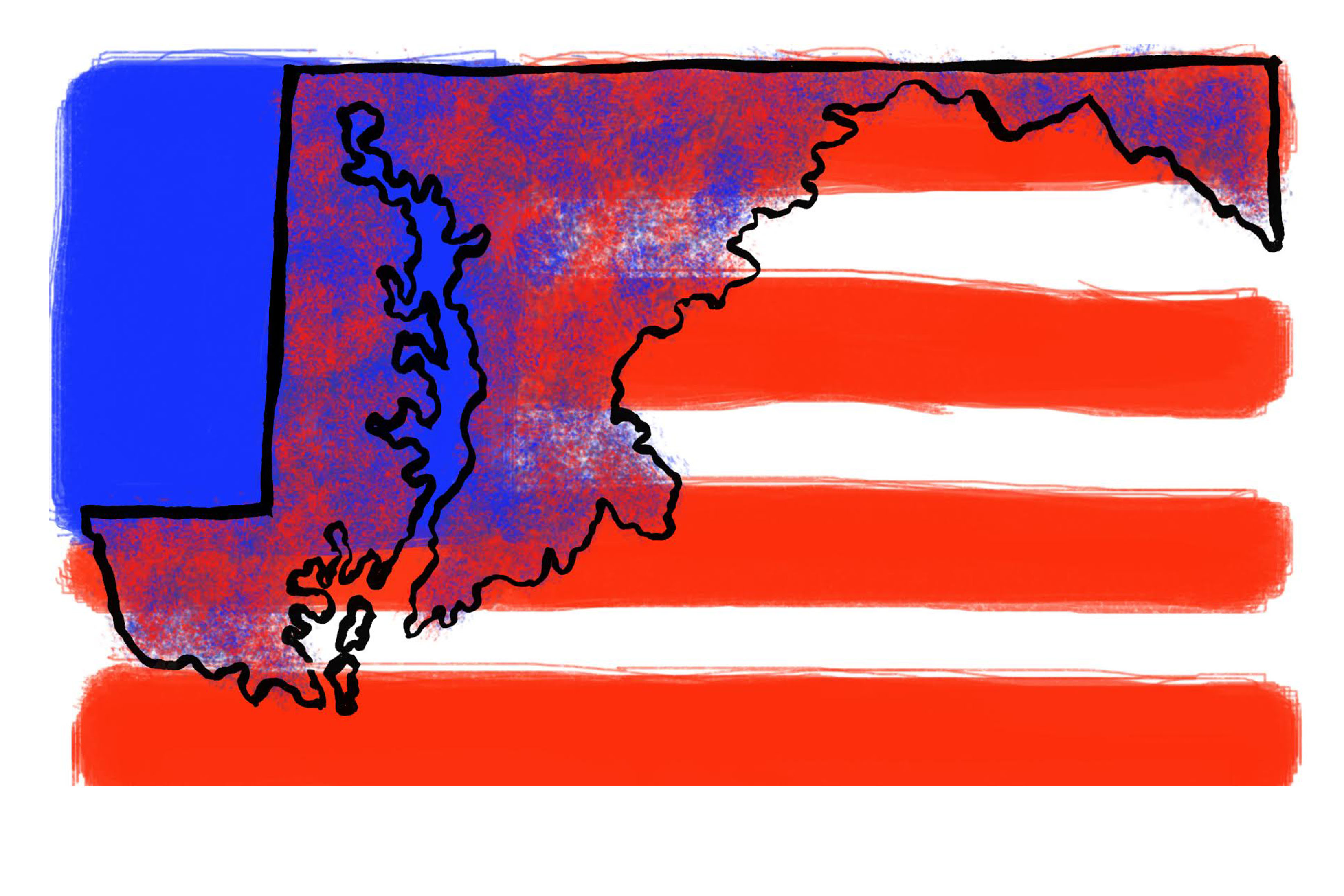As technology advances and our population grows, engineers and businesses are increasingly looking to green technology solutions for a more sustainable future.
This September, Portland State electrical and computer engineering graduate student Mark Ronay and physics Ph.D. student Bahar Ajdari presented their award-winning green tech Liquid Wire invention at the Oregon Best Fest. The two won the second-place prize of $5,000 in the Cleantech Challenge, a competition for student and faculty inventors and entrepreneurs from colleges and universities across the state.
Participants must be based in or hold a major presence in Oregon with solutions offered for green tech across categories such as energy and resource efficiency, renewable energy, advanced transportation and precision agriculture.
“There was some really strong competition this year,” Ronay said. “I was very happy and surprised. The whole experience with Cleantech forced me to get out of the lab and into a public space and talking to people.”
In just 90 days, funded by $2500, the team had to build a physical prototype of a clean, green electronic technology. Their innovation is a flexible, highly conductive, printable fluid that powers electronic devices in soft robotics and wearable products.
Right now most electronics need copper or tin wiring and are built off rigid green plastic board made to go through high temperatures. But this is a conductive, inorganic gel that is liquid all the time. It can be printed onto organic cotton, paper or environmentally friendly plastic substrates which have less of an environmental impact than PCB boards. The conductor is flexible and won’t be damaged by stretching or folding, so it can be built right into clothing.
This invention has been two years in the making, so entering the Cleantech Challenge, as recommended by a former competition winner, was a natural fit for him. Ronay’s project is in line with the current move away from printer circuit boards in favor of using organic substrate, like cotton and certain plastics and paper instead.
“Printable electronics are really popular right now, especially in incorporating printable electronics with fabrics,” Ronay said. “A lot of people think wearables will be the next big growth area for electronics.”
Most major manufacturers are doing this in some way, usually by using silver-based inks. But what Ronay has that no one else has is a completely inorganic and permanent fluid conductor that never dries and has a lot of advantages, such as being robust and possessing the ability to stretch.
Creating a green technology prototype was initially one of his greatest challenges. Ronay said as a researcher he often gets stuck in technicalities. But having parameters allowed him to approach his work in a less analytical, detail-oriented way. He pulled back and that enabled him to look at the product from an entirely different direction.
“Thinking about applications of your research that improve the environment, which is not something you usually do as engineer, that was initially a big challenge and actually very helpful,” Ronay said.
Best Fest, a major regional start-up festival, was an excellent opportunity for Ronay to gain exposure and practice discussing his project with the public.
“The most rewarding thing was to be able to show off what I’ve been working on in a public forum and get that feedback,” Ronay said. “That was invaluable.”
Ronay also credits the Maseeh College of Engineering and Computer Science’s Beta Project, which provides funding and resources for innovative student projects, for granting him the initial support that fueled his invention. He’s on its committee now and said it was a huge help for him and other students.
Ronay graduated from PSU over the summer and has formed the company Liquid Wire, a materials science start up.






